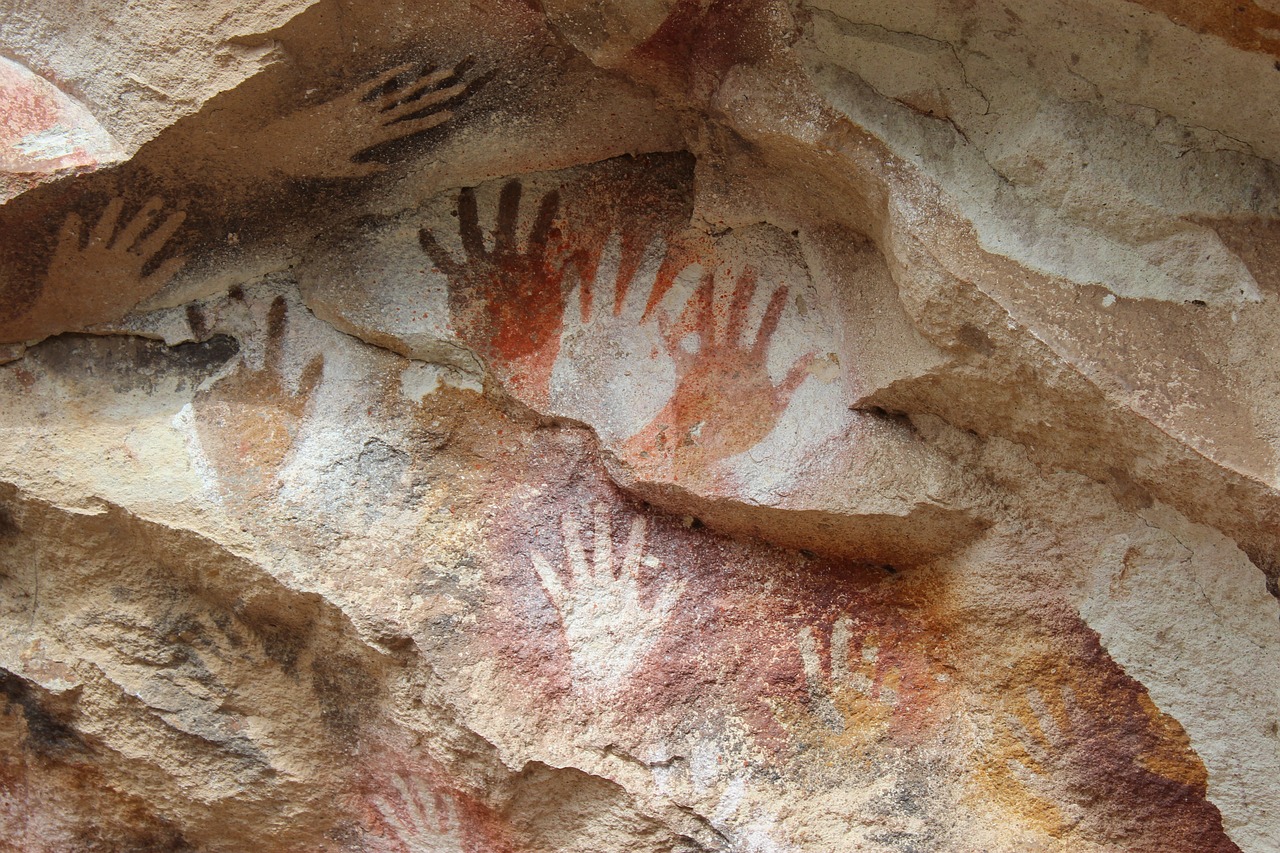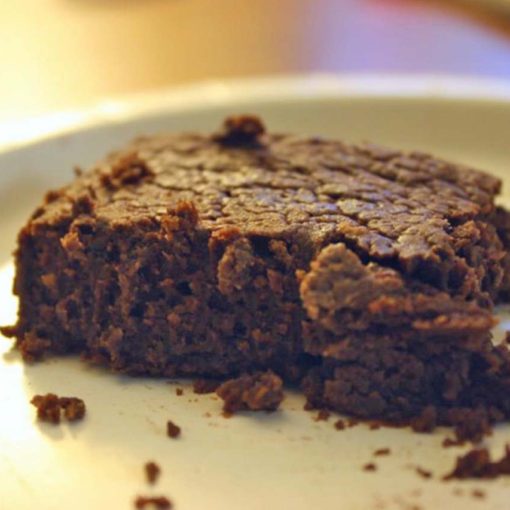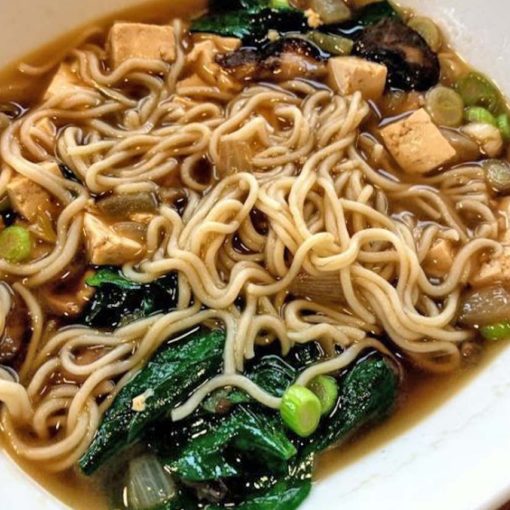“It shouldn’t be so hard,” a client said recently when we were discussing her habits and how much trouble she was having staying on track with her more nourishing choices. I responded with what I often explain to clients who get frustrated on their wellness journey: “It’s hard because we’re trying to NOT DO everything our biology is telling us TO DO and vice versa.”
This is when I time travel with who I’m talking to, back 15,000 years ago when humans functioned as hunter-gatherers, predating the rise of agriculture. Our existence revolved around tight-knit communities of roughly ten to twelve adults plus children. With a somewhat nomadic lifestyle, we scoured the land for nuts, berries, and various edible plants, which formed the crux of our sustenance. Tracking and trailing wild animals was also key, as we needed them for sustenance. These family groups were a part of larger clans or tribes, encompassing 50 to 100 individuals.
In the grand tapestry of human history, it’s remarkable how recent it was that we embraced this lifestyle—persisting for tens of thousands of years. The past 15,000 years, although appearing considerable, scarcely registers on the evolutionary timeline. Our physiological traits have yet to depart from the original necessities that shaped us during nearly a million years of development.
Taking the client through our Five Foundations of Health makes the picture a bit clearer:
Nutrition: Plants, nuts, berries and meat were all we had. Foraging and hunting was tough work. We needed energy to do the foraging as well as making shelters, raising kids, and hunting, so our bodies evolved to seek out carbohydrates. Quick energy. If we didn’t get that dopamine rush when finding and eating carbohydrates, we wouldn’t seek them out and perhaps we wouldn’t have survived the vigorous lifestyles we had. We may have gone extinct. We also had to seek out salt (as most undomesticated animals do). Salt is needed for our nerve impulses, muscles, and to maintain the proper balance of water and minerals. Again, if we didn’t seek it out, we would have perished. The problem was that they weren’t abundant. In fact, they were very hard to come by. This is why so many of us desperately crave sugar and salt.
Our bodies evolved to seek out carbohydrates
Fast forward to 2023, we have an excess of sweet and salty foods accessible to us 24 hours a day in almost anyplace we go (think of the snacks at check out at the Home Depot). And our biology, still stuck in paleolithic times, wants us to eat all of it, as much as possible because it believes it won’t be around for long. But it’s here. All the time. Everywhere. And boy, does it taste good. Needless to say, what’s available to us today is by far not as nourishing as what was available then.
Sleep: You may have heard us say this before: Humans are the only animals that negotiate sleep. We don’t always sleep when we’re tired or naturally wake up after having enough sleep. And as you know, most of us aren’t getting enough sleep, especially quality sleep because of the myriad of other things we do or don’t do leading up to bedtime. So, we fight our natural drive to sleep. This alone sets us up for dis-ease. (Here is our “Importance of Sleep podcast)
Our bodies are designed to seek rest.
Movement: For most people, getting the right amount and type of exercise that we need is a challenge. Most of us sit too much, and even if you don’t, it’s likely that you’re not moving like your paleolithic ancestors were. As described above, in order to survive, we had to forage, hunt, gather, process, build, pick up, push, pull, climb, swim . . . pretty much every day. We had to. And because we had to, our biological urge evolved to force ourselves to rest when we had the opportunity. Our bodies are designed to seek rest. Today, we have more opportunities to rest than we do to move because we designed our lives this way. We were programmed to. But we don’t counter that rest with movement always as our bodies evolved to. Hence, dis-ease.
Mindset: Arguably, many of our issues around our mindset are because we are battling our biology to do or not do what it was designed to do. (Note all the other Foundations, especially Connection). For the most part, paleolithic people had a few needs that were simply met. We didn’t have so many choices or really much ownership of anything. We also lived in the present–not future oriented as we have become in this day and age. We didn’t waste our time imagining different futures for ourselves. This simplicity alone can account for a happier, more balanced mindset. We also lived with extended family and got the support we needed. Stress was around, for sure, but in ways that our bodies adapted to (we need some stress) like ensuring we had food and shelter and safety. These stressors were not constant like we put ourselves in today with work, isolation, poor nutrition, lack of sleep and movement, etc.
This simplicity alone can account for a happier, more balanced mindset.
Connection: As noted above, for most of our existence, we lived in small family groups within a clan of 50-100 people. No wonder we have trouble remembering names of people we meet today–we simply meet too many people! Because we lived with many generations and small groups, we had the support and connections that we needed to thrive. We coped with daily challenges by sharing food, tending to infants, and building social connections. This lifestyle of communal living and collaborative efforts for survival created strong bonds. Nowadays, we often live far from our extended families, and sometimes even far away from our closest neighbors. The more wealthy we are, the further apart we become, against our human nature. This isolation may be one of the major factors behind the anxiety and depression that is so common today.
Keeping all of this in mind when we struggle to stay on course may help us forgive ourselves. Perhaps there are some things we can adjust to fit our biological needs, like creating or nurturing more connections with others. We can also let go of a lot of the things we give value that may not be that important in the larger scheme of things. Practicing living in the present can also help. Looking at sleep as something non-negotiable is key. And finally, training your tastebuds to enjoy more nourishing real whole foods will benefit you overall. Of course, this is all much easier said (or written) than done. This is why my career even exists. But having this understanding is a place to start. Give yourself some grace AND be willing to have some grit in getting back to what your biology needs. Our ancestors, for sure, had grit. It’s that grit that helped them survive and, in effect, why we are here.
If this topic of evolutionary biology is interesting to you here are a few books you may like:
A Hunter-Gatherer’s Guide to the 21st Century: Evolution and the Challenges of Modern Life by Heather Heying
The Comfort Crisis by Michael Easter
Affluence Without Abundance by anthropologist James Suzman






